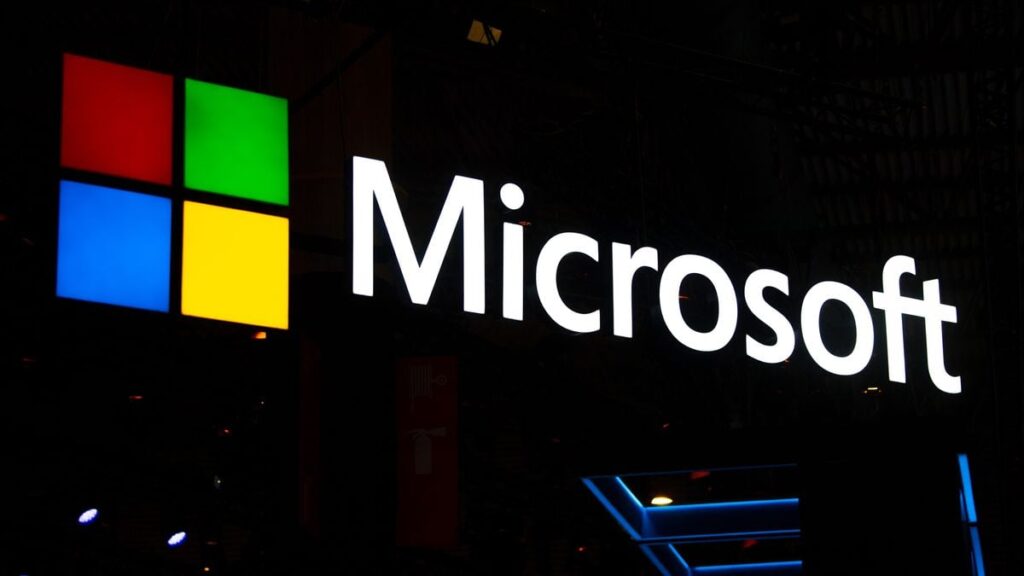Dive Brief:
- Microsoft announced a slew of new data and artificial intelligence offerings in the healthcare sector on Tuesday, including new generative AI models meant to help ameliorate administrative burden on clinicians.
- Microsoft’s cloud division Azure is releasing new capabilities meant to free up information for clinicians. Those include patient timelines, which use generative AI to extract specific elements from unstructured data — like medication information in an electronic health record — and organize them chronologically to give a full view of a patient’s history. Another functionality, called clinical report simplification, uses generative AI to simplify clinical jargon so patients can better understand medical information.
- The launches tie in with Microsoft’s ethos of developing high-impact but low-risk use cases for AI in healthcare, said David Rhew, Microsoft’s global chief medical officer and vice president of healthcare, in an interview at the HLTH conference in Las Vegas, where the offerings were announced.
Dive Insight:
The healthcare industry is a wellspring of data, and that accumulation is growing rapidly. According to World Economic Forum figures cited by Microsoft, hospitals produce 50 petabytes of data per year — equivalent to 10 billion MP3 music files — and 97% of that data goes unused.
Microsoft is aiming to help its healthcare industry partners free up that data and leverage it to improve the day-to-day operations of frontline clinicians, Rhew told Healthcare Dive.
“Healthcare is in a crisis. We have so many problems. I’m not sure if people really understand just how bad it is,” Rhew said. “There are so many doctors and nurses that are burned out and leaving the practice. And it’s largely driven by the fact that the amount of work they have to do, administrative work, has grown so tremendously.”
Along with patient timelines and clinical report simplification, Azure AI is also launching a new radiology service that uses AI to provide quality checks and identify follow-up recommendations and clinical findings within documentation.
Microsoft is also previewing a capability in Azure AI Health Bot that gives Microsoft partners the ability to add generative AI on top of existing chatbots, to expand their capabilities to address and answer questions — with specific prompts and guardrails to ensure the AI is only pulling information from allowed documents, Rhew said.
Microsoft also announced Tuesday that it is tying Microsoft Fabric, an analytics platform Microsoft launched in May, with Microsoft Cloud for Healthcare, the industry-specific cloud offering Microsoft unveiled three years ago. That integration should give healthcare companies the ability to view and combine structured and unstructured data from different sources, like EHRs, labs, claims and medical devices. Customers can also train and run AI models on data using that platform.
Fabric’s new offerings are currently in preview, but early adopters include Chicago academic medical system Northwestern Medicine and SingHealth, a network of public health institutions in Singapore.
Microsoft and tech giant Google have been extremely active in the healthcare AI space, inking partnerships with large health systems and EHR market giants to pilot new AI offerings in hospital operations.
Late last month, Microsoft made its generative AI-based clinical documentation product, called Nuance DAX Copilot, generally available. Atrium Health — the first system to launch the notetaker — plans to expand Copilot across its 40 hospitals and 1,400 other care locations, Microsoft said on Tuesday.
Microsoft is not sharing how many doctors or systems are using Copilot, but the reaction to general availability has been “very positive,” according to Rhew.
Microsoft is also working with Epic to integrate GPT, the large language model created by OpenAI, into Epic EHR workflows to automatically draft replies to patient messages. That pilot went live with its first sites — at UC San Diego Health, UW Health and Stanford Health Care — in April.
Microsoft and Epic are also working to bring generative AI into Epic’s hospital database to make it simpler to ask questions and query the database, as well as deploy dozens of other AI use cases, like clinical note summarization and medical coding suggestions.
Those priorities are ongoing, and Epic will announce a timeline for future releases when they are ready, Rhew said.

